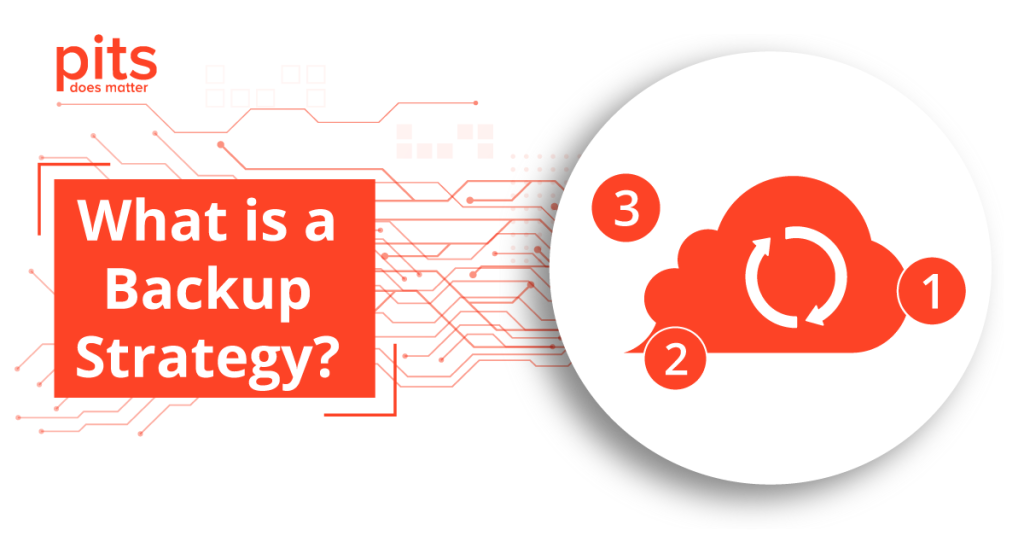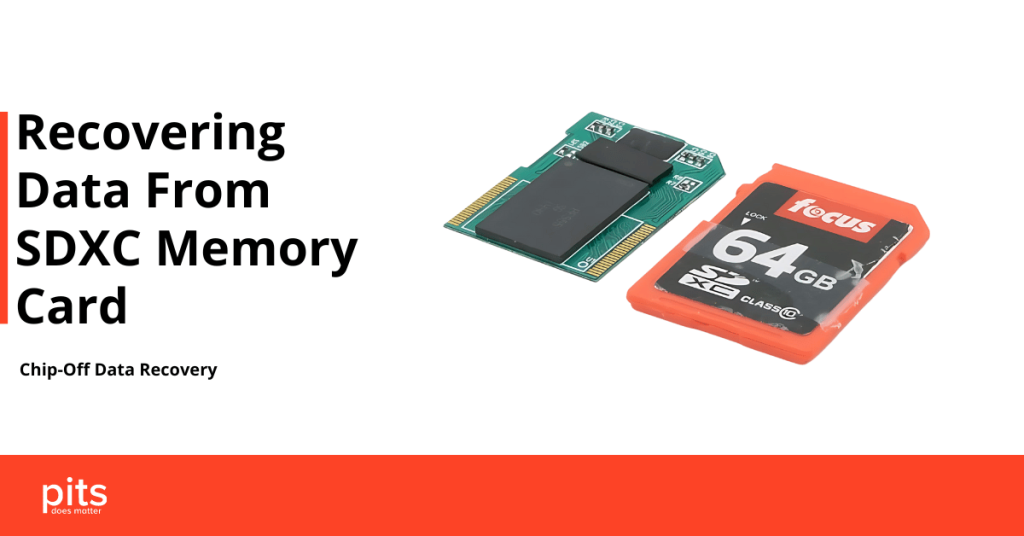Experiencing a hard drive failure can be one of the most frustrating and stressful situations for any computer user. Whether you’re a business professional relying on your computer for daily tasks or a casual user storing precious memories, losing access to your data can feel overwhelming. In this blog post, we’ll explore the common signs of hard drive failure, the potential causes, and what steps you can take to recover your data and prevent future issues.
Signs of Hard Drive Failure
Recognizing the early warning signs of a failing hard drive can help you take action before it’s too late. Here are some common indicators:
- Unusual Noises: If you hear clicking, grinding, or beeping sounds coming from your hard drive, it could indicate mechanical failure.
- Frequent Crashes or Freezes: If your computer crashes often or becomes unresponsive, it may be a sign of a failing drive.
- File Corruption: If you notice files becoming corrupted or inaccessible, this could be an early warning of hard drive issues.
- Slow Performance: A sudden decrease in your computer’s speed when accessing files or applications can also indicate hard drive problems.
Common Causes of Hard Drive Failure
Understanding the reasons behind hard drive failures can help you avoid them in the future. Some of the most common causes include:
- Physical Damage: Dropping your laptop or subjecting your hard drive to physical shock can lead to mechanical failures.
- Overheating: Excessive heat can damage internal components. Ensure your computer has proper ventilation to prevent overheating.
- Power Surges: Sudden power outages or fluctuations can cause data loss or hardware damage.
- Age and Wear: Hard drives have a limited lifespan. Regular usage can lead to wear and tear, making older drives more susceptible to failure.
What to Do When Your Hard Drive Fails
If you suspect your hard drive has failed, follow these steps to address the situation:
1. Stop Using the Drive
The first and most crucial step is to stop using the hard drive immediately. Continued use may exacerbate the problem and decrease the chances of successful data recovery.
2. Assess the Situation
Determine whether the issue is related to the hard drive or another component. Try connecting the drive to another computer or using different cables to see if the problem persists.
3. Back Up Your Data (If Possible)
If your hard drive is still somewhat functional and you can access your files, immediately back up any important data to an external drive or cloud storage. Prioritize crucial files to minimize potential data loss.
4. Seek Professional Help
If your hard drive is not accessible or if you hear unusual noises, it’s best to consult a professional data recovery service. Attempting to fix the drive yourself may lead to further damage and reduce the chances of successful recovery.
5. Consider Drive Replacement
If data recovery is not possible or feasible, you may need to consider replacing the hard drive. Invest in a reliable drive and ensure you have a solid backup strategy in place to avoid similar issues in the future.
Preventing Future Hard Drive Failures
Taking proactive measures can help prevent hard drive failures in the future. Here are some tips to keep your data safe:
- Regular Backups: Implement a routine backup system to ensure your data is always secure. Consider using both cloud storage and external drives for redundancy.
- Monitor Drive Health: Use monitoring tools to keep an eye on the health of your hard drive. Many applications can alert you to potential issues before they escalate.
- Keep Your System Updated: Regularly update your operating system and software to protect against security vulnerabilities that could lead to data loss.
Conclusion
Experiencing a hard drive failure can be daunting, but understanding the signs, causes, and steps to take can help you navigate the situation effectively. By acting quickly and seeking professional assistance when needed, you can maximize your chances of recovering lost data. Moreover, implementing preventive measures will ensure your data remains safe in the future. Remember, data loss is often preventable—a good backup strategy is your best defense against hard drive failures.


